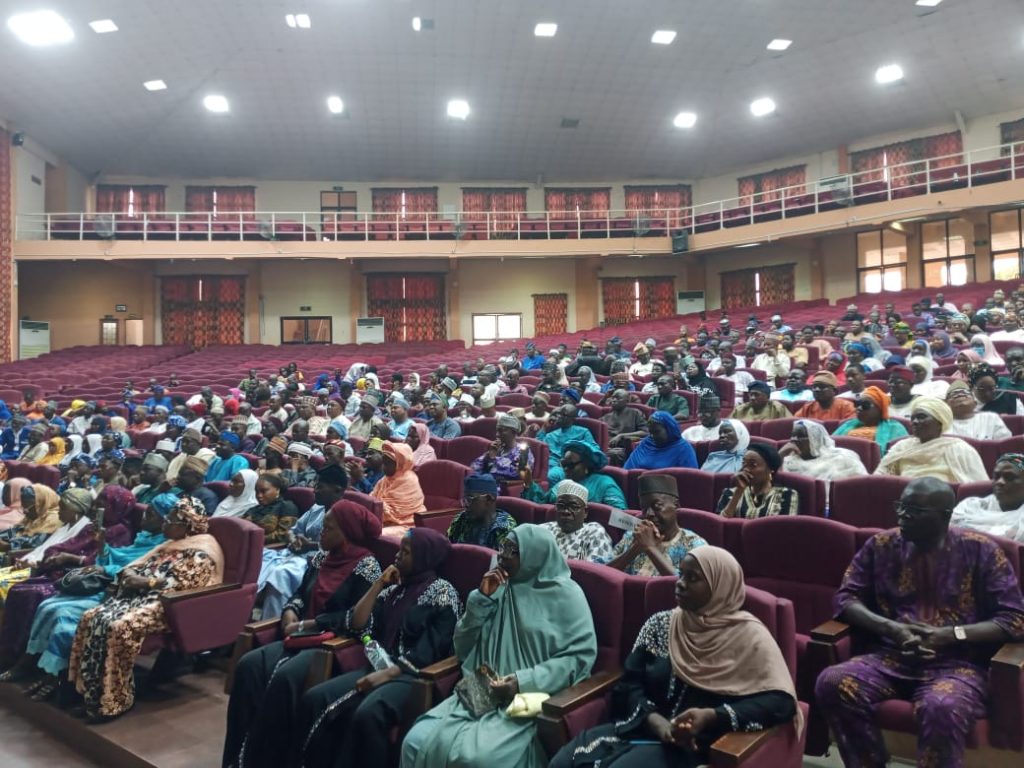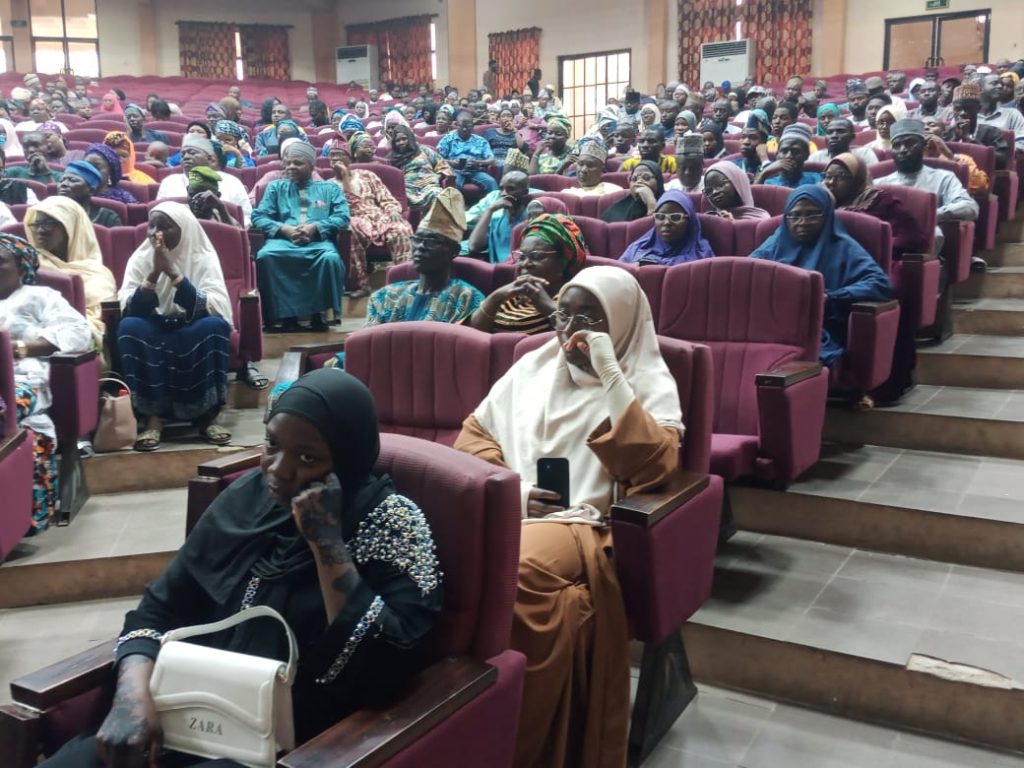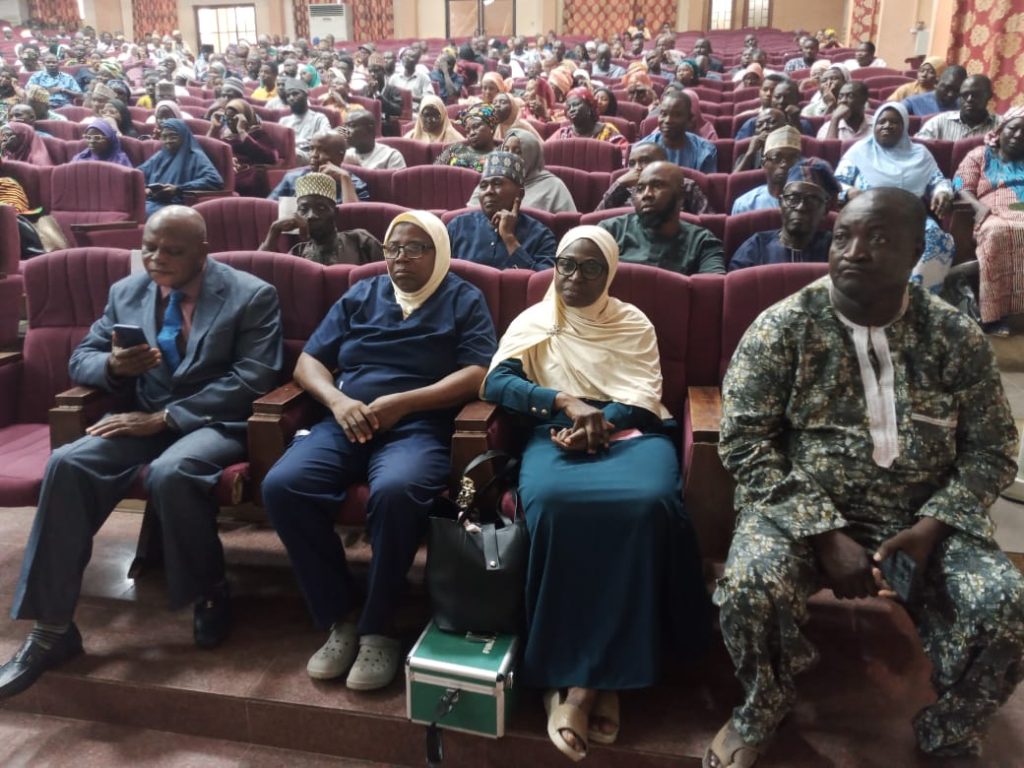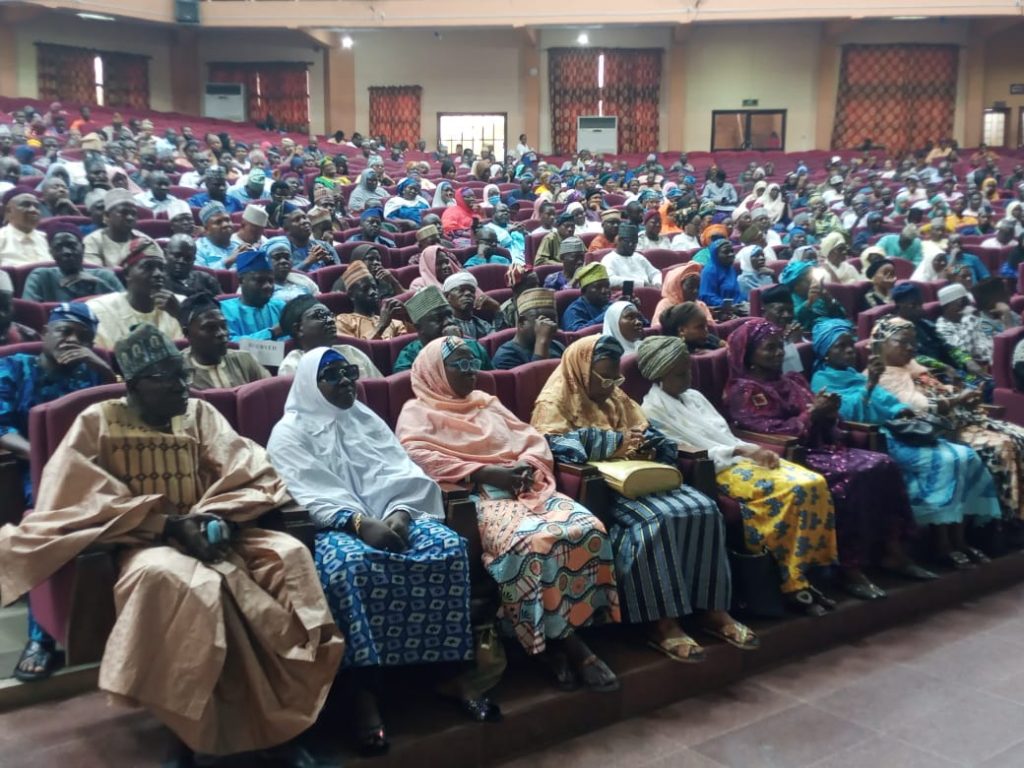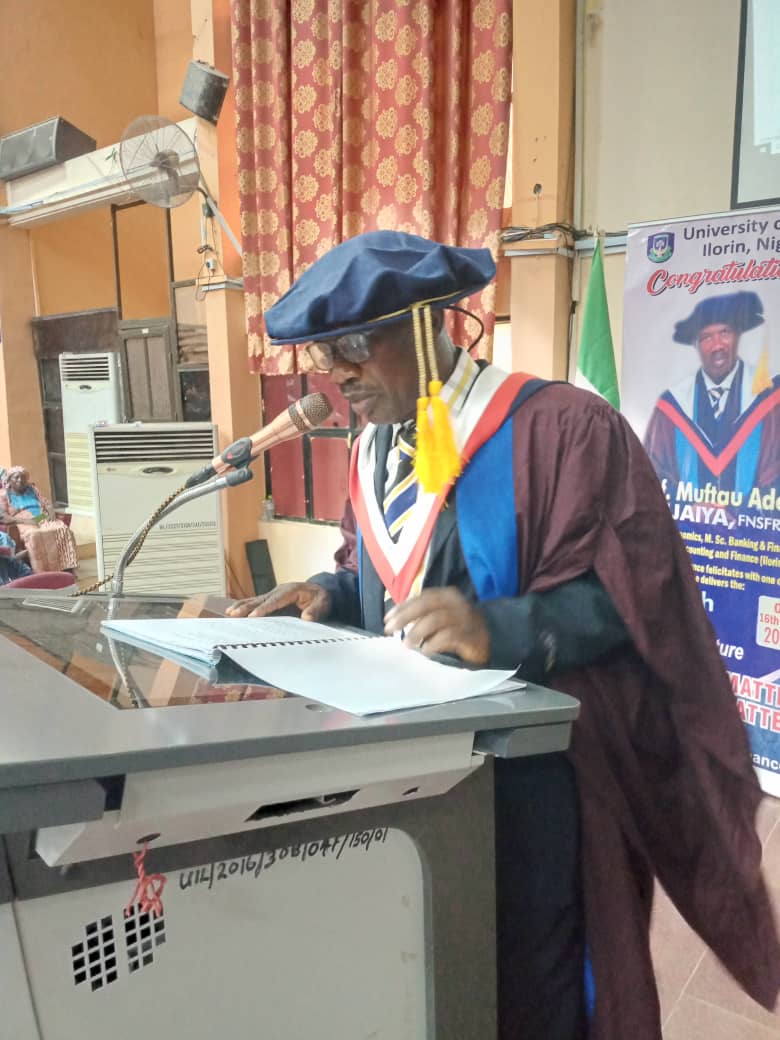In a compelling inaugural lecture held at the University of Ilorin on Thursday, November 16, 2023, Professor Muftau Adeniyi Ijaiya, a distinguished scholar from the Department of Finance, shed light on the pivotal role of finance in shaping global economies, with a specific focus on Nigeria.
The lecture, titled “Money Matters in All Matters,” delved into critical issues affecting the nation’s economic stability and proposed comprehensive reforms to address them.
Professor Ijaiya elucidated the intricate connection between finance and the success of both private and public entities. He argued that disruptions in the finance process, as exemplified by fluctuations in global oil prices, have a cascading effect on businesses, often leading to economic recessions. Nigeria’s vulnerability to such downturns due to its heavy reliance on oil revenue was a central point in the professor’s discourse.
A significant portion of the lecture was dedicated to dissecting the impact of subsidies on government revenue. Professor Ijaiya spotlighted the challenges posed by subsidies, particularly in the context of the Nigerian government’s inability to control leakages in the current Petrol subsidy regime.
He advocated for the removal of subsidies beyond governmental control, proposing that these funds be redirected to fortify critical infrastructural and social facilities, thereby uplifting citizens’ quality of life.
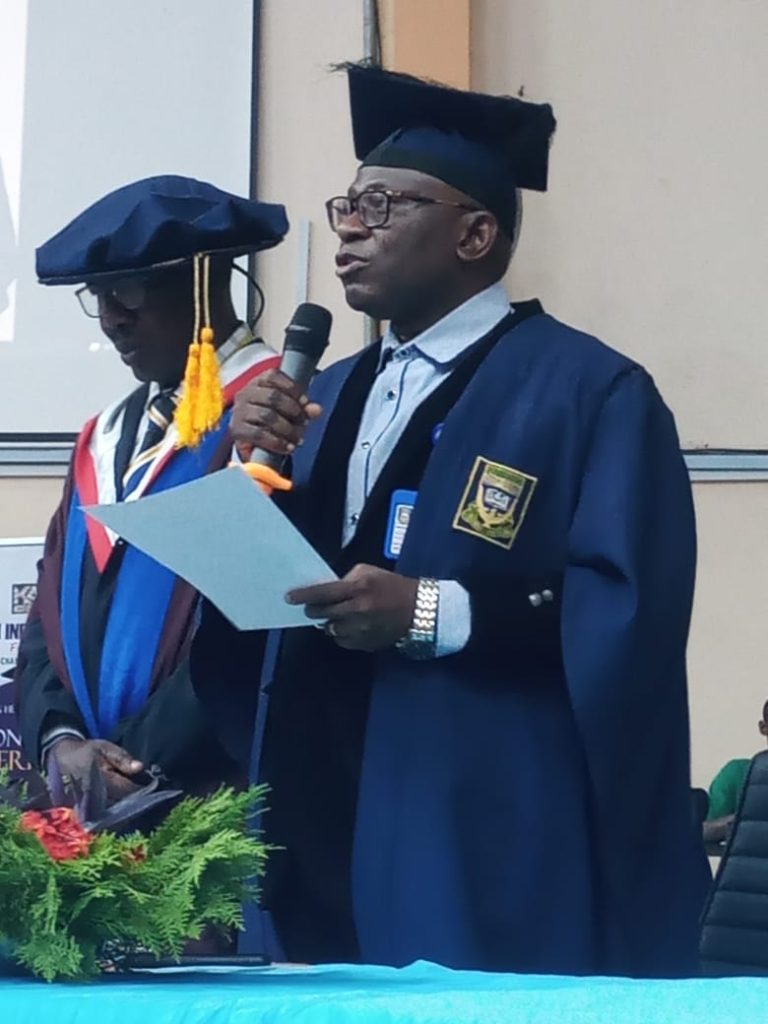
Professor Ijaiya underscored Nigeria’s standing at 109th on the Global Financial Literacy Ranking, attributing the country’s financial mismanagement partly to its low financial literacy level. The scholar urged the government to prioritize financial education, calling for increased budgetary allocations to the education sector at all levels.
Turning his attention to rural finance policies, Professor Ijaiya criticized the existing bias in favour of formal financial institutions, neglecting the underserved poor. He proposed a paradigm shift towards microfinance, emphasizing the need for small loans to unemployed individuals and impoverished entrepreneurs who lack access to traditional credit due to the absence of collateral or credit history.
Proffering solutions, Professor Ijaiya stressed the need for the government to enhance infrastructural facilities in rural areas, including roads, water supply, and electricity, to attract people and stimulate economic activities.
Recommending increased government spending in the agricultural sector, the professor highlighted the importance of maintaining critical infrastructure and institutions. Stable macroeconomic policies were also advised to support agricultural output.
The professor urged financial institutions, especially banks, to play a more active role in financing agriculture. Encouraging joint liability among farmers as collateral and the introduction of agricultural saving schemes were proposed.
Professor Ijaiya advocated for government support to informal microfinance activities, emphasizing the importance of cash and training for savings and credit clubs. This, he believes, would enhance the economic activities of rural dwellers.
The need for higher government budgetary allocations to the education sector was underscored, aiming to improve financial literacy and reduce citizens’ expenses on education.
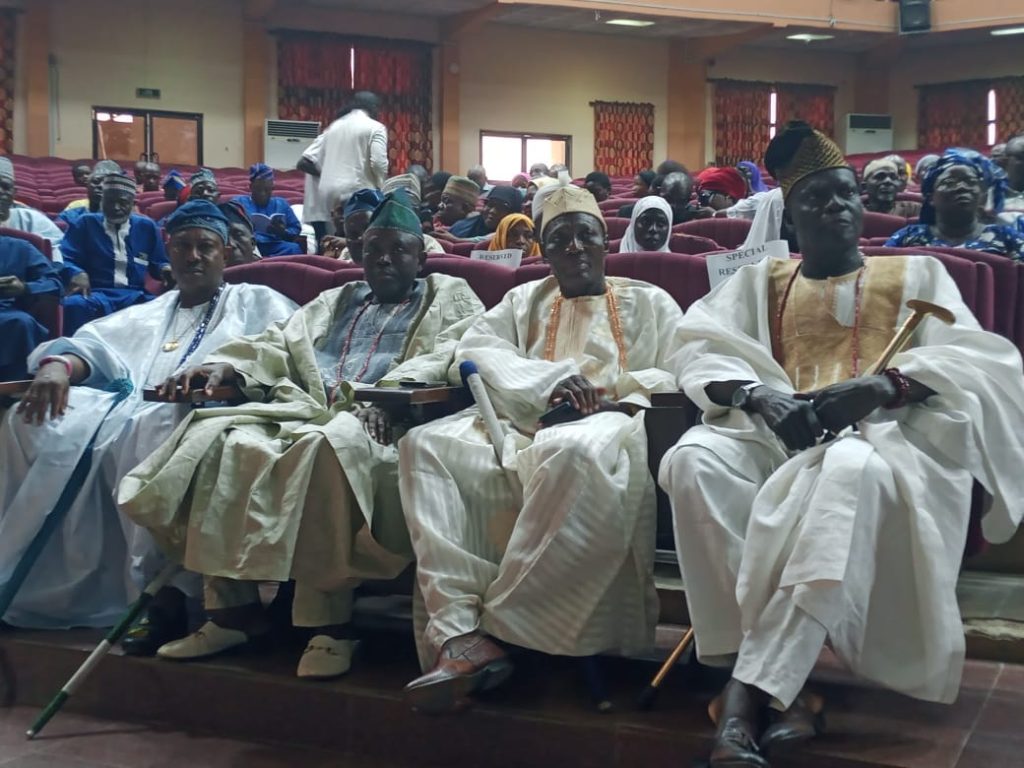
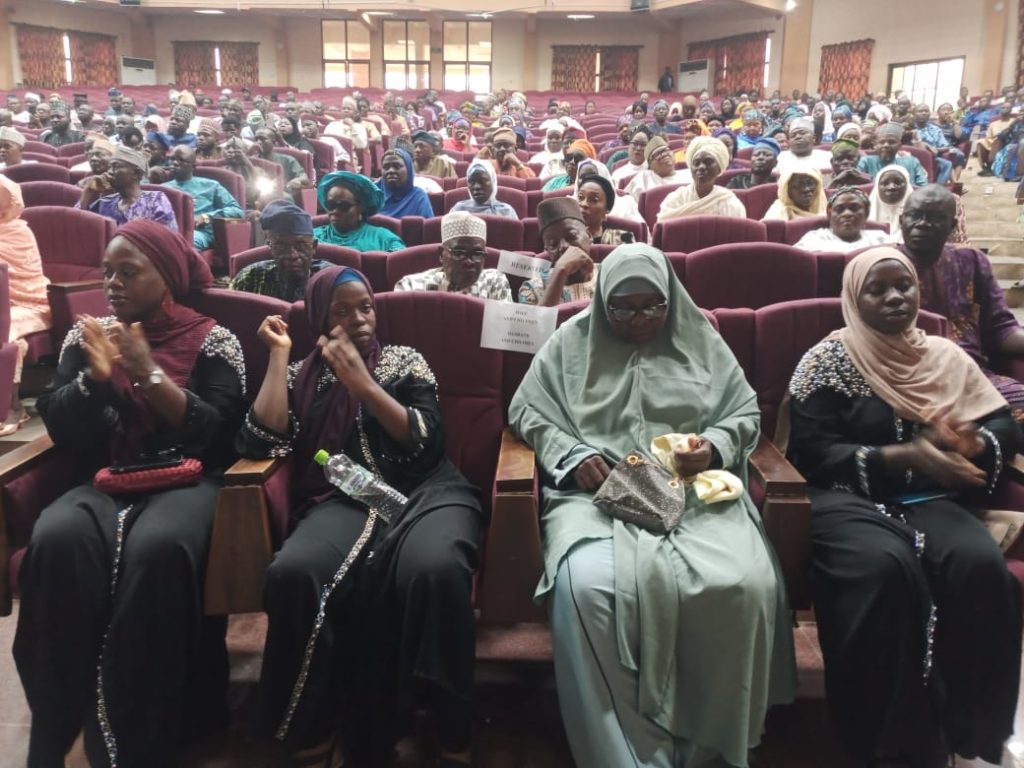
The professor recommended the provision of minimum healthcare services in rural areas to alleviate the financial burden on rural dwellers and enable them to allocate funds for other purposes.
To ensure quality housing and reduce risks associated with land purchases, Professor Ijaiya proposed the establishment of a rural regulatory body.
The lecturer called for intensified efforts to combat insurgency and corruption, redirecting funds to address the aforementioned recommendations and improve citizens’ quality of life.
Professor Muftau Adeniyi Ijaiya concluded his lecture with a compelling call to action, urging the Nigerian government to prioritize comprehensive financial reforms and inclusive development. The implementation of these recommendations, he argued, is imperative for steering the nation towards economic prosperity and improving the overall well-being of its citizens.
